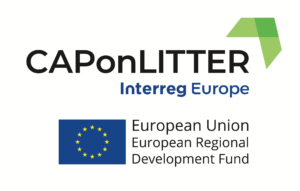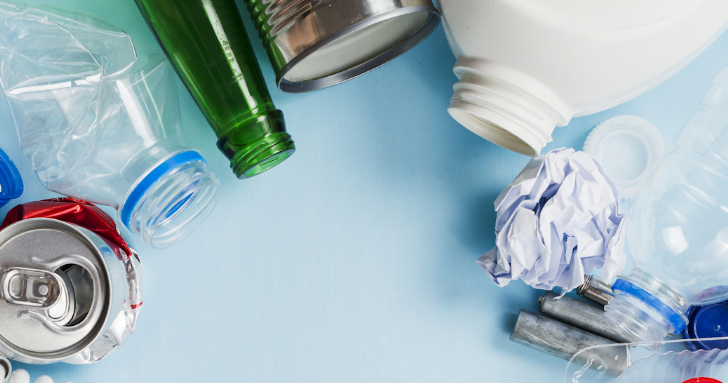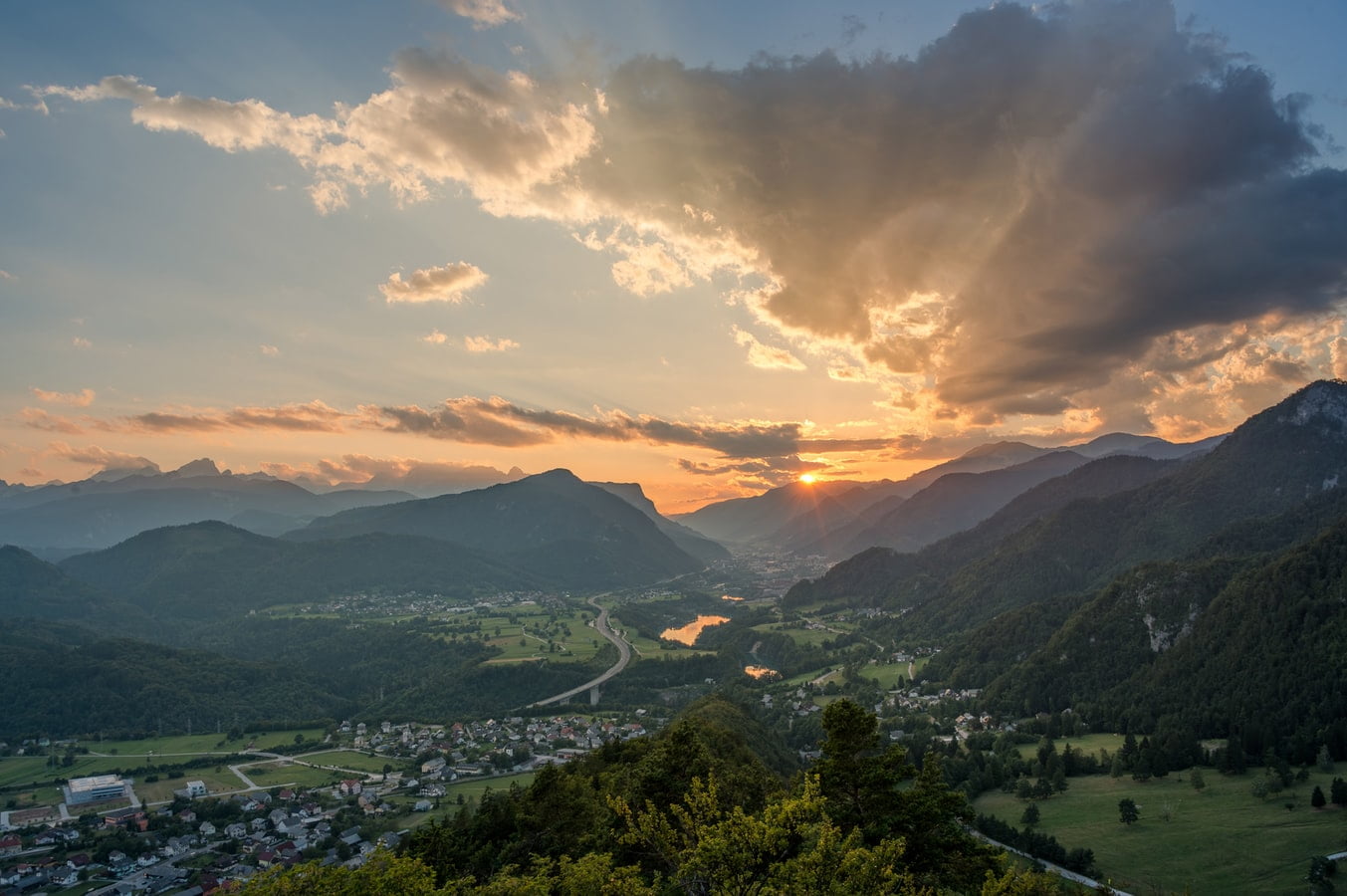Date: 17th May 2023
Time: 09:00 – 12:30
Location: TOPOS Parlement, Rue d’Arlon 25, 1050 Ixelles, Brussels Belgium
It is increasingly common knowledge now that our overconsumption and overproduction of resources is simply not compatible with a safe and healthy planet. Our current system results in vast amounts of waste being produced from materials that are specifically designed for single-use, most notably plastic, which is having disastrous effects on our environment.
Yet the availability of solutions and the knowledge on how to implement them remain far below the level needed to begin to tackle this challenge, particularly in regions that face embedded difficulties due to the economy or cultural traditions, such as coastal areas that receive high levels of tourism.
Join us in Brussels during the morning of Wednesday 17th May, for an in-person event where we’ll be looking at some of Europe’s best practice initiatives on waste prevention, implemented by coastal municipalities and regions. The event will bring together local actors who have been behind these best practices with representatives from Brussels, to better understand how local actions can inform key upcoming legislative decisions on plastic waste.
The conference is particularly timely, given the upcoming discussions around 2 key pieces of legislation that will impact plastic waste generation, the major source of marine-based pollution – the EU Packaging Waste Regulation (PPWR) and the second round of negotiations for the UN’s global plastics treaty.
The conference is hosted by Zero Waste Europe and Break Free From Plastic on behalf of the Interreg Europe funded CAPonLITTER project, which aims to convene coastal stakeholders in 7 regions (found in Bulgaria, Croatia, France, Germany, Greece, Portugal and Spain) to improve public policies that result in the prevention of marine litter. The project involves authorities and organisations from territories in which coastal tourism is a key economic activity, which is not only highly impacted by marine pollution but can also put significant pressure on local infrastructure and municipal budgets.
During the conference, project partners will present on their action plans that have informed regional public policies on better waste prevention of key fractions of waste, such as plastic food and drink containers originating from beach facilities and recreational events. These discussions will then provide the framework for a policy-based panel looking at how to turn these best practice initiatives into ambitious legislative goals for the rest of Europe to follow. We’ll gather together some of Europe’s leading figures on this topic to examine what legislation we need, and how the legislation can be implemented on the ground, to accelerate the transition away from single-use to reuse.
Lead contacts
Jack McQuibban, Head of Local Zero Waste Implementation, [email protected]
Manon Jourdan, Implementation Officer, [email protected]



















